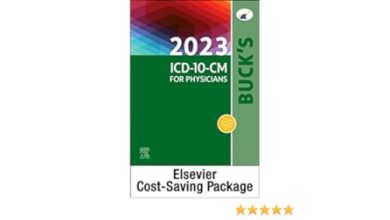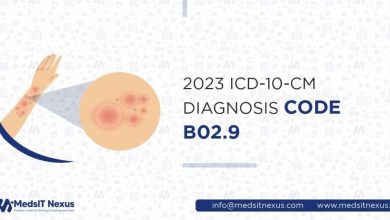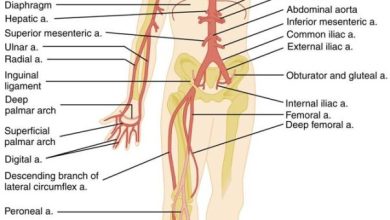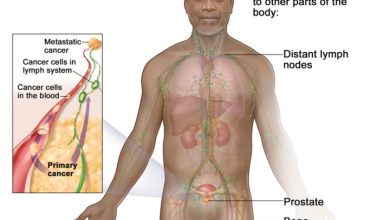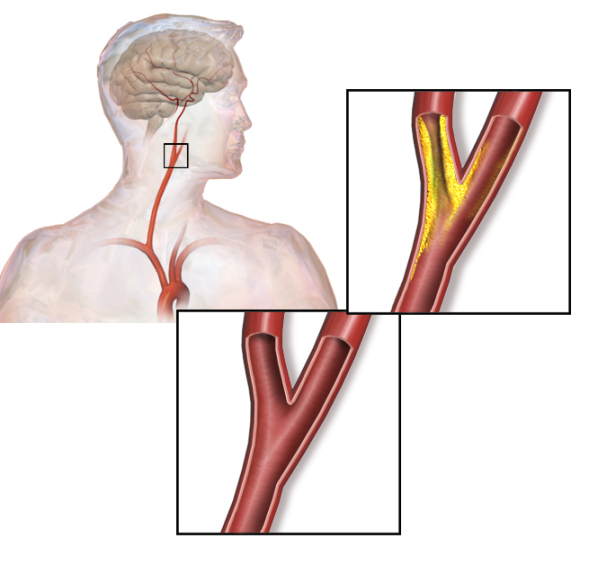Unraveling Prostate Cancer: Decoding The ICD-10 Code
Prostate Cancer ICD Code Information
Prostate cancer is a common form of cancer that affects the prostate, a small gland located below the bladder and in front of the rectum in men. The ICD code for prostate cancer is C61. This code is used by healthcare providers to classify and code diagnoses for billing and tracking purposes.
Diagnostic Related Groups (MS-DRG) for Prostate Cancer
Prostate cancer is classified under MS-DRG 729, which includes cases of malignant neoplasms of male genital organs. This DRG is used for reimbursement and coding purposes in the United States healthcare system.
Conversion to ICD-9 Code
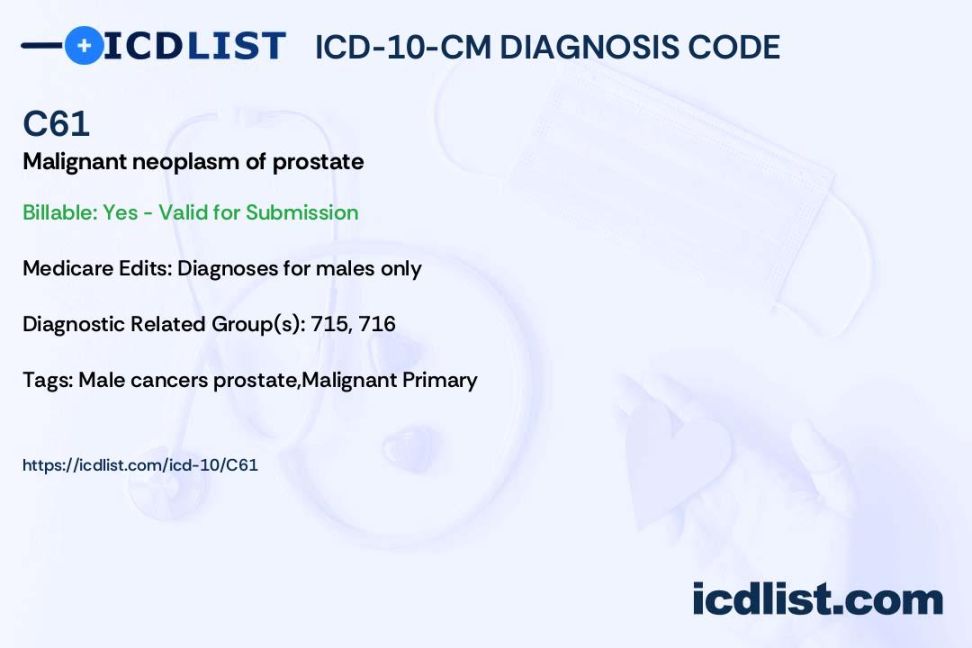
The ICD-9 code for prostate cancer is 185. When transitioning from ICD-9 to ICD-10 codes, healthcare providers must ensure accurate coding to prevent errors in billing and reimbursement.
Code History and Approximate Synonyms
The ICD code for prostate cancer has been updated over the years to reflect changes in disease classification and coding guidelines. Approximate synonyms for prostate cancer include adenocarcinoma of the prostate and malignant neoplasm of the prostate gland.
Clinical Information
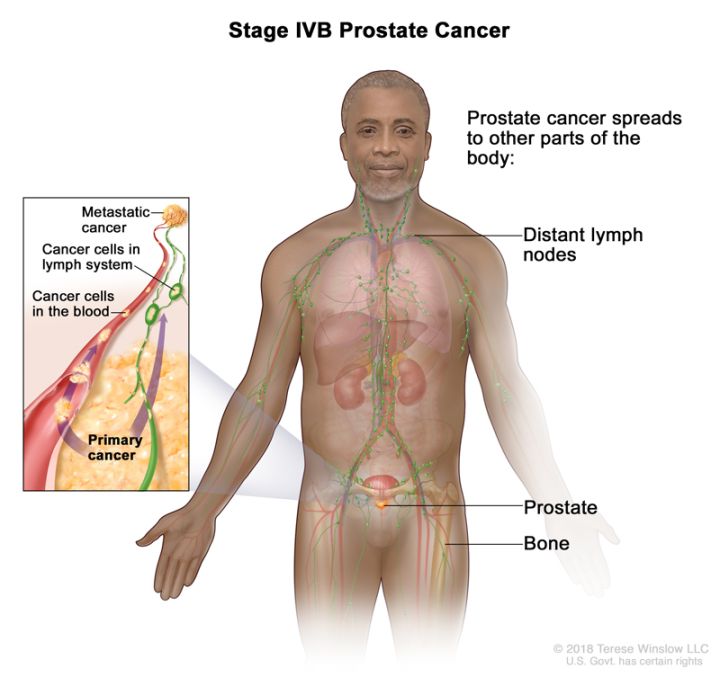
Prostate cancer typically develops slowly and may not cause symptoms in its early stages. However, as the cancer progresses, patients may experience symptoms such as frequent urination, pain or burning during urination, blood in the urine, and erectile dysfunction.
Causes of Prostate Cancer
The exact cause of prostate cancer is unknown, but several risk factors have been identified. These include age, family history of prostate cancer, race (African American men are at higher risk), and a diet high in red meat and dairy products.
Symptoms of Prostate Cancer
In addition to urinary symptoms and erectile dysfunction, other symptoms of prostate cancer may include pain in the back, hips, or pelvis, unexplained weight loss, and fatigue.
Diagnosis of Prostate Cancer
Prostate cancer is typically diagnosed through a combination of physical exams, blood tests (such as the prostate-specific antigen test), imaging tests (such as ultrasound or MRI), and a biopsy of the prostate tissue.
Treatment of Prostate Cancer
Treatment for prostate cancer depends on the stage of the cancer, the patient’s overall health, and other factors. Options may include active surveillance, surgery, radiation therapy, hormone therapy, chemotherapy, or a combination of these treatments.
Conclusion
Prostate cancer is a common form of cancer in men, and early detection and treatment are key to improving outcomes. Proper coding and classification of prostate cancer using the ICD code C61 is essential for accurate billing and tracking of this disease.
Frequently Asked Questions
Can prostate cancer be prevented?
While the exact cause of prostate cancer is unknown, certain lifestyle changes such as maintaining a healthy diet, exercising regularly, and avoiding tobacco use may help reduce the risk of developing prostate cancer.
What is the survival rate for prostate cancer?
The survival rate for prostate cancer varies depending on the stage of the cancer at diagnosis and the treatment received. Overall, the five-year survival rate for prostate cancer is around 98%.
Is prostate cancer hereditary?
While having a family history of prostate cancer increases the risk of developing the disease, most cases of prostate cancer are not hereditary. Genetic testing can help determine if there is an increased risk of prostate cancer in families.
What are the side effects of prostate cancer treatment?
The side effects of prostate cancer treatment vary depending on the type of treatment received. Common side effects may include fatigue, urinary incontinence, erectile dysfunction, and changes in bowel habits.
How often should men get screened for prostate cancer?
The American Cancer Society recommends that men discuss the risks and benefits of prostate cancer screening with their healthcare provider starting at age 50 for most men, or earlier for those with a family history of prostate cancer or other risk factors.




